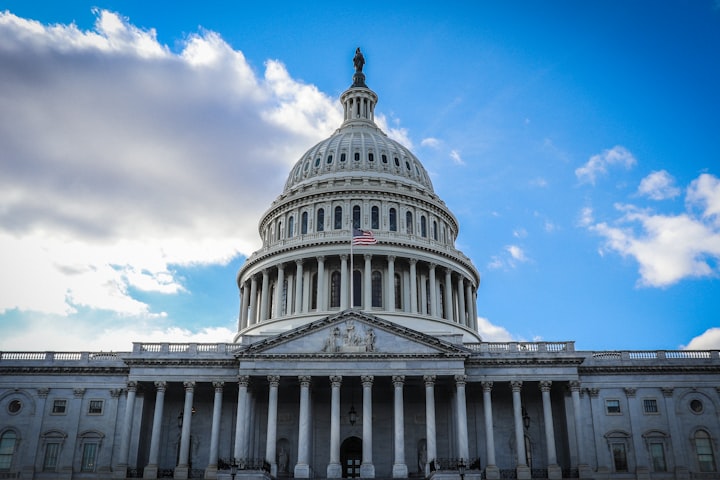Term Limits for Congress: Fostering Accountability and Promoting Diversity
Making the Case for Limiting Terms in Office for US Lawmakers

The United States Congress, which is made up of the House of Representatives and the Senate, is responsible for making laws and overseeing the federal government. Members of Congress are elected by the people and serve two-year or six-year terms, depending on whether they are in the House or the Senate. However, there are currently no term limits for members of Congress, which means that they can serve in office for as long as they continue to win elections. In this blog post, we will explore the benefits of instituting term limits for Congress and why they are necessary for a healthy democracy.
Preventing the Emergence of Career Politicians
One of the primary arguments in favor of term limits is that they can prevent the emergence of career politicians. Career politicians are politicians who spend decades in office and often prioritize their own political ambitions over the needs of their constituents. They may become complacent and entitled, believing that they are entitled to their seat and that they do not need to work as hard as they did when they were first elected. By instituting term limits, politicians would be required to leave office after a certain number of terms, which would prevent them from becoming entrenched in the political system.
Promoting Diversity and Representation
Another argument in favor of term limits is that they can promote diversity and representation in Congress. Currently, Congress is dominated by a small group of long-serving politicians who are often white, male, and wealthy. By limiting the number of terms that a politician can serve, term limits can help to open up opportunities for more diverse candidates to run for office. This can help to ensure that Congress better reflects the diversity of the American population and can lead to more effective policy-making that is better suited to the needs of all Americans.
Fostering Accountability in Congress
Term limits can also help to foster accountability in Congress. When politicians know that they will only have a limited time in office, they are more likely to focus on delivering results for their constituents rather than engaging in political gamesmanship or prioritizing their own interests. This can lead to a more productive and effective political system, as politicians are incentivized to work together to achieve meaningful outcomes rather than focusing on political point-scoring.
Reducing the Influence of Special Interests
Another benefit of term limits is that they can help to reduce the influence of special interests in politics. Currently, many politicians spend decades in office, building up extensive networks of donors and supporters. This can lead to a system where politicians are more concerned with pleasing their donors than representing their constituents. By limiting the number of terms that a politician can serve, term limits can help to prevent this kind of corruption and ensure that politicians are more accountable to the voters who elected them.
Increasing Turnover and Innovation in Congress
Term limits can also help to increase the turnover of elected officials, which can lead to a more dynamic and responsive political system. When politicians are only allowed to serve for a limited number of terms, there is a greater likelihood that new ideas and fresh perspectives will be brought into Congress. This can help to prevent the emergence of entrenched political factions and can promote the development of more innovative and effective policy solutions.
Addressing Arguments Against Term Limits
Opponents of term limits argue that they would undermine the effectiveness of experienced legislators. The argument is that term limits would force out experienced politicians who have built up valuable expertise and relationships in Congress. However, this argument ignores the fact that many experienced politicians become entrenched in the political system and may prioritize their own interests over those of their constituents. By limiting the number of terms that a politician can serve, term limits can help to prevent this kind of complacency and encourage politicians to remain focused on the needs of their constituents
About the Creator
Lawrence Lease
Alaska born and bred, Washington DC is my home. I'm also a freelance writer. Love politics and history.





Comments
There are no comments for this story
Be the first to respond and start the conversation.